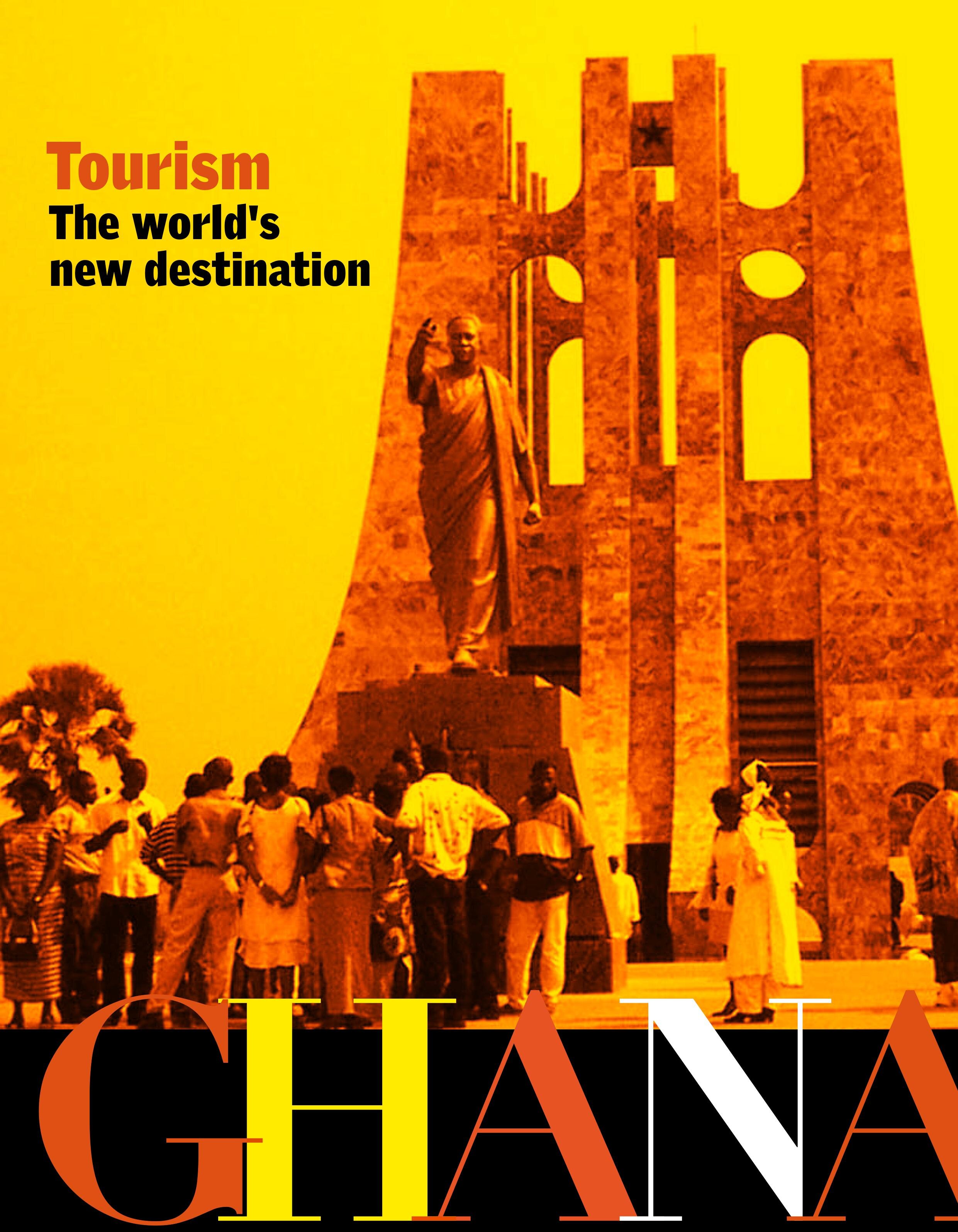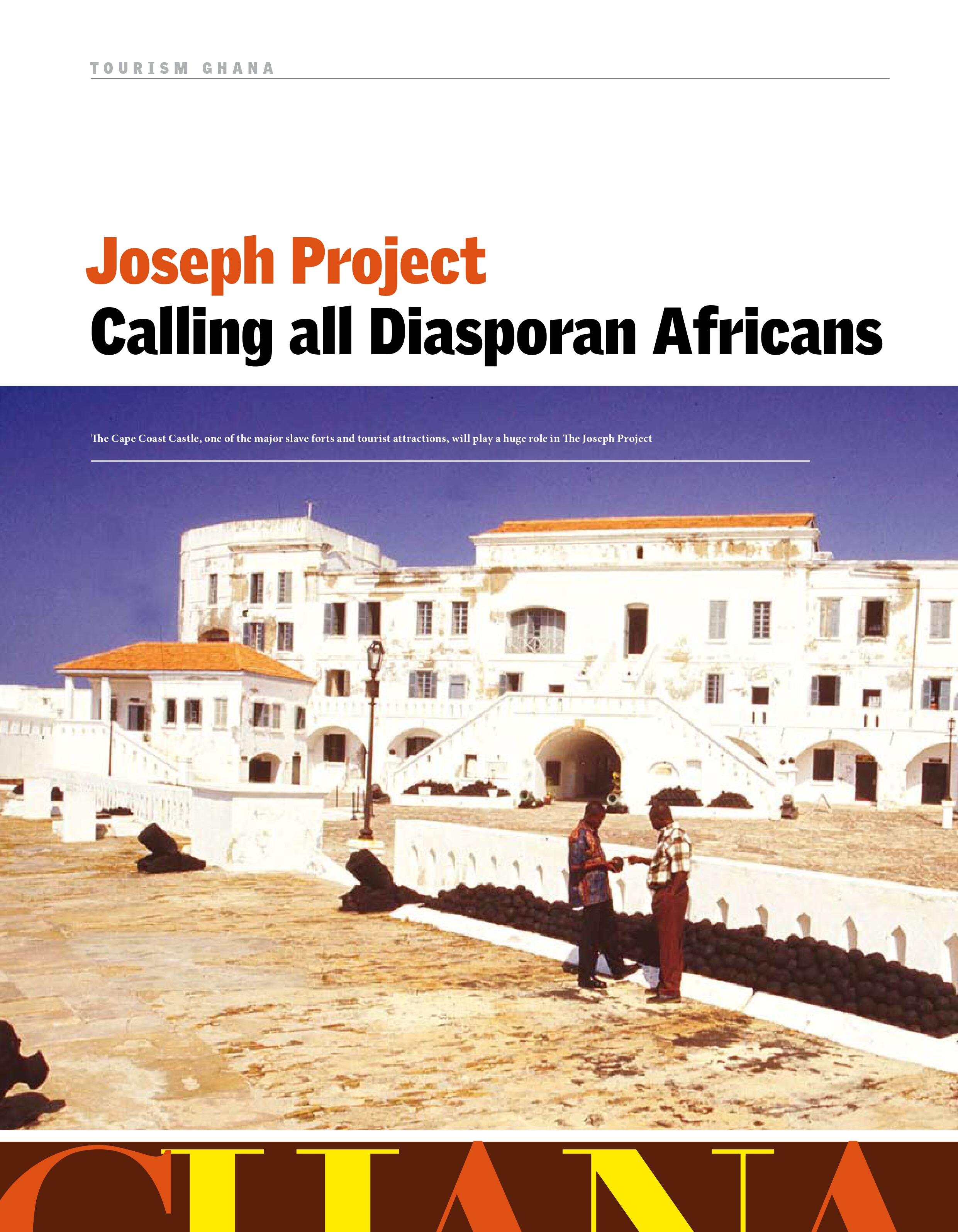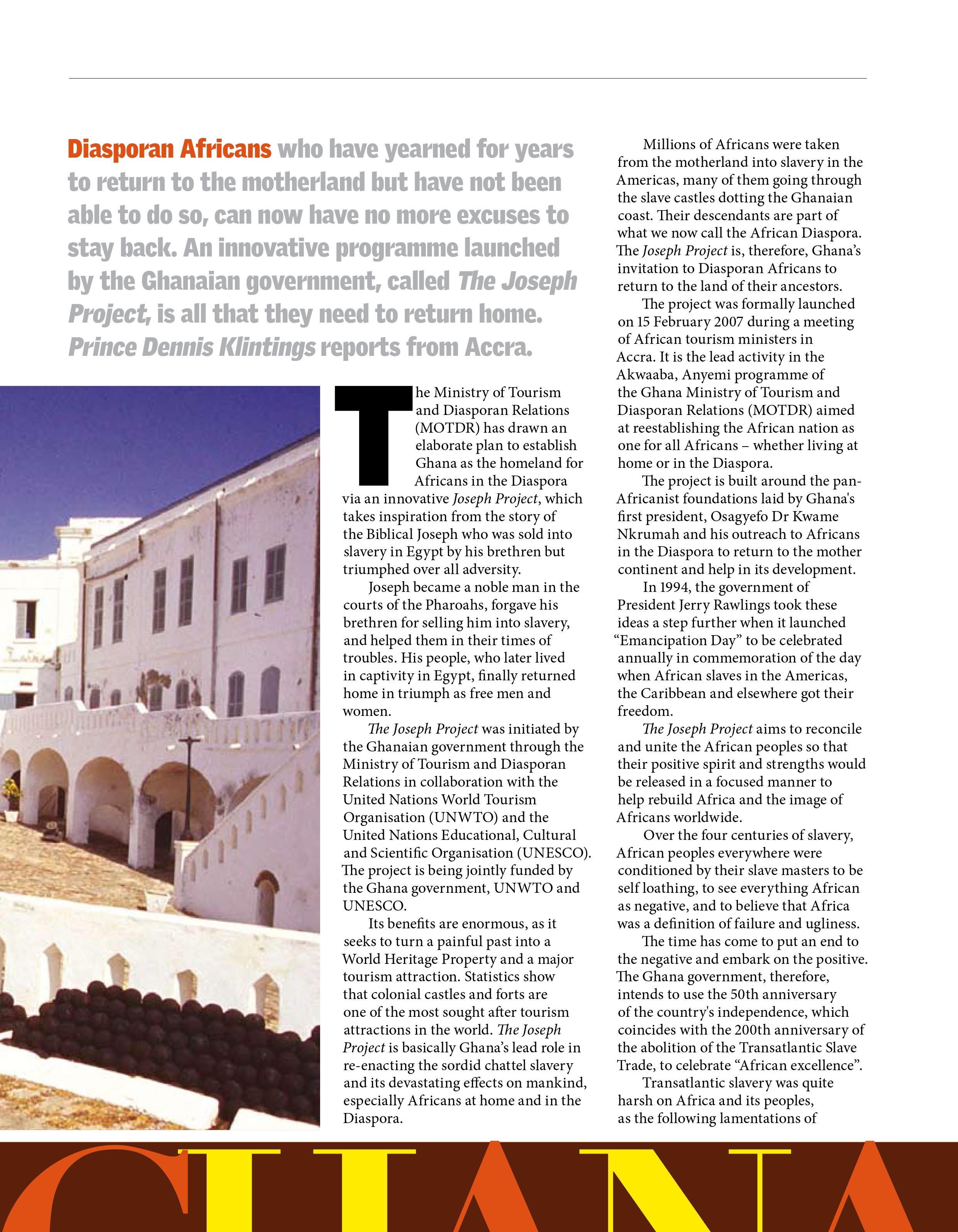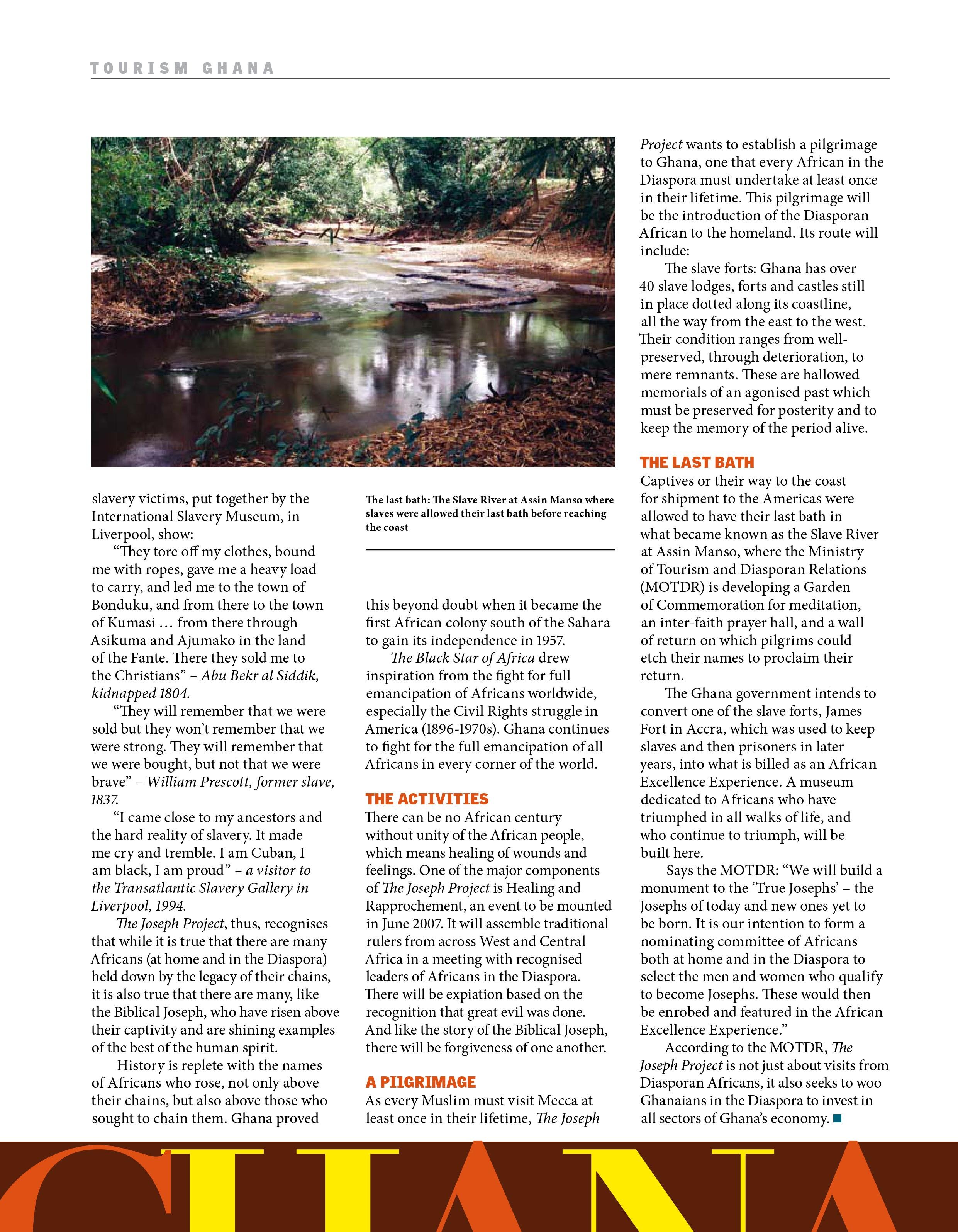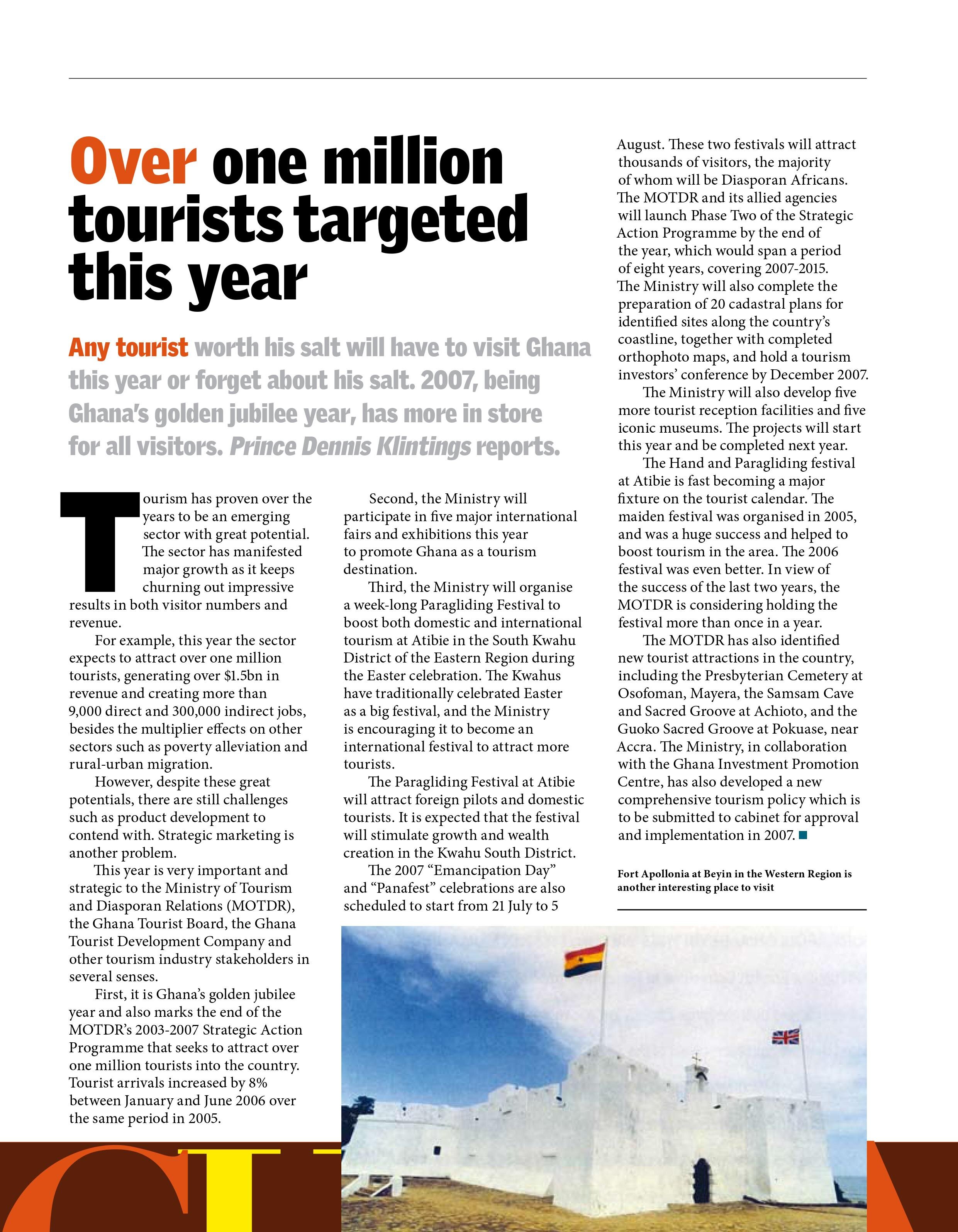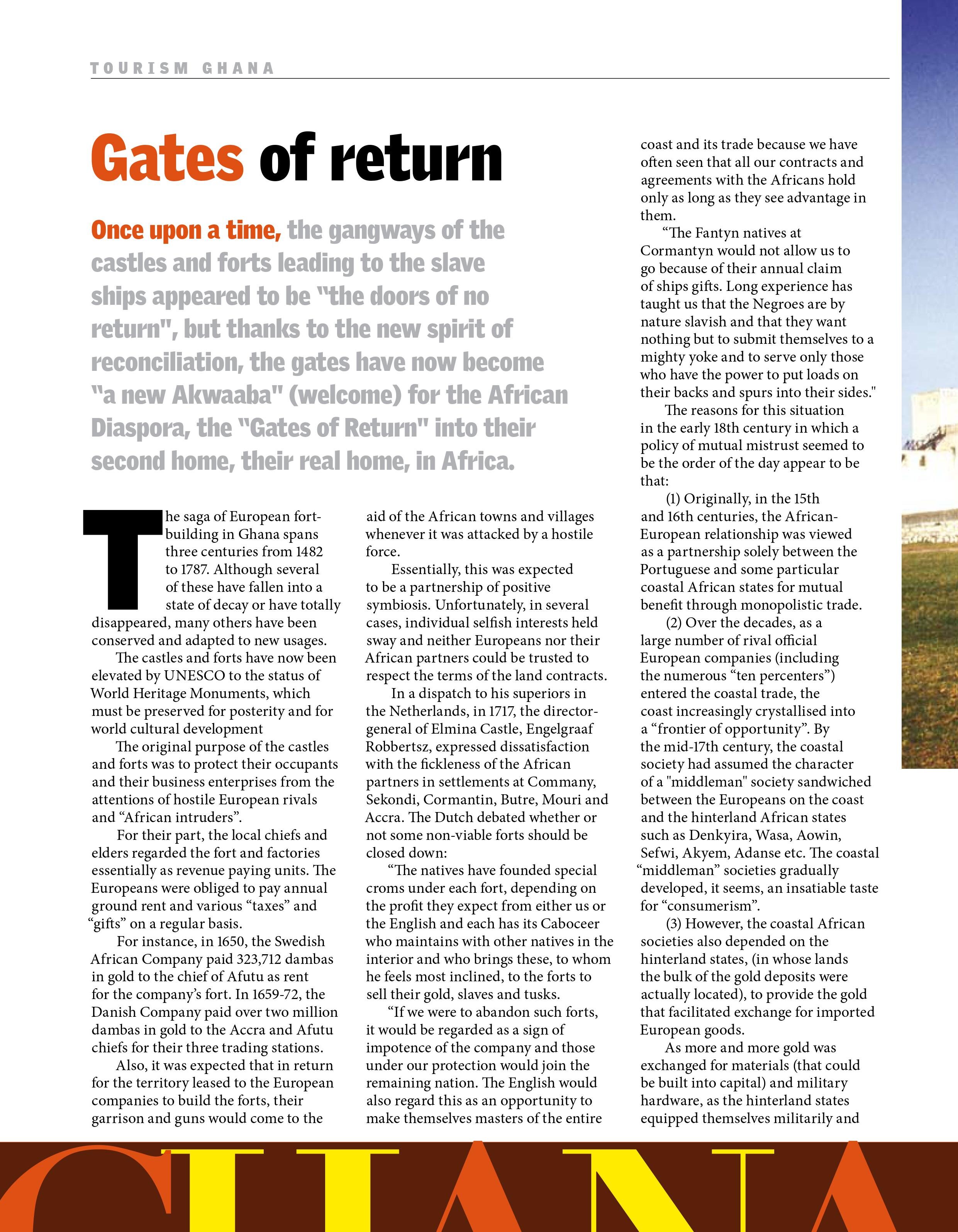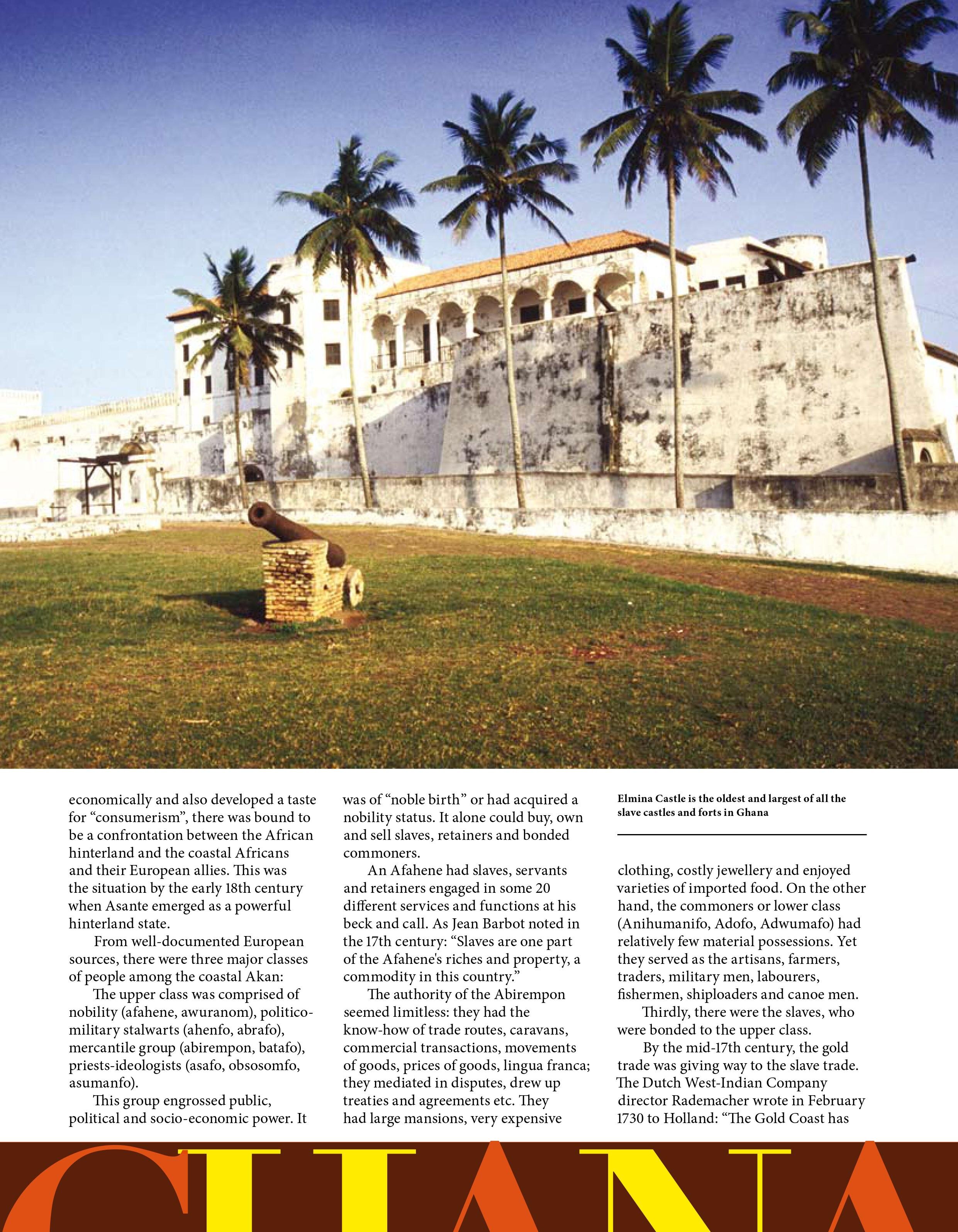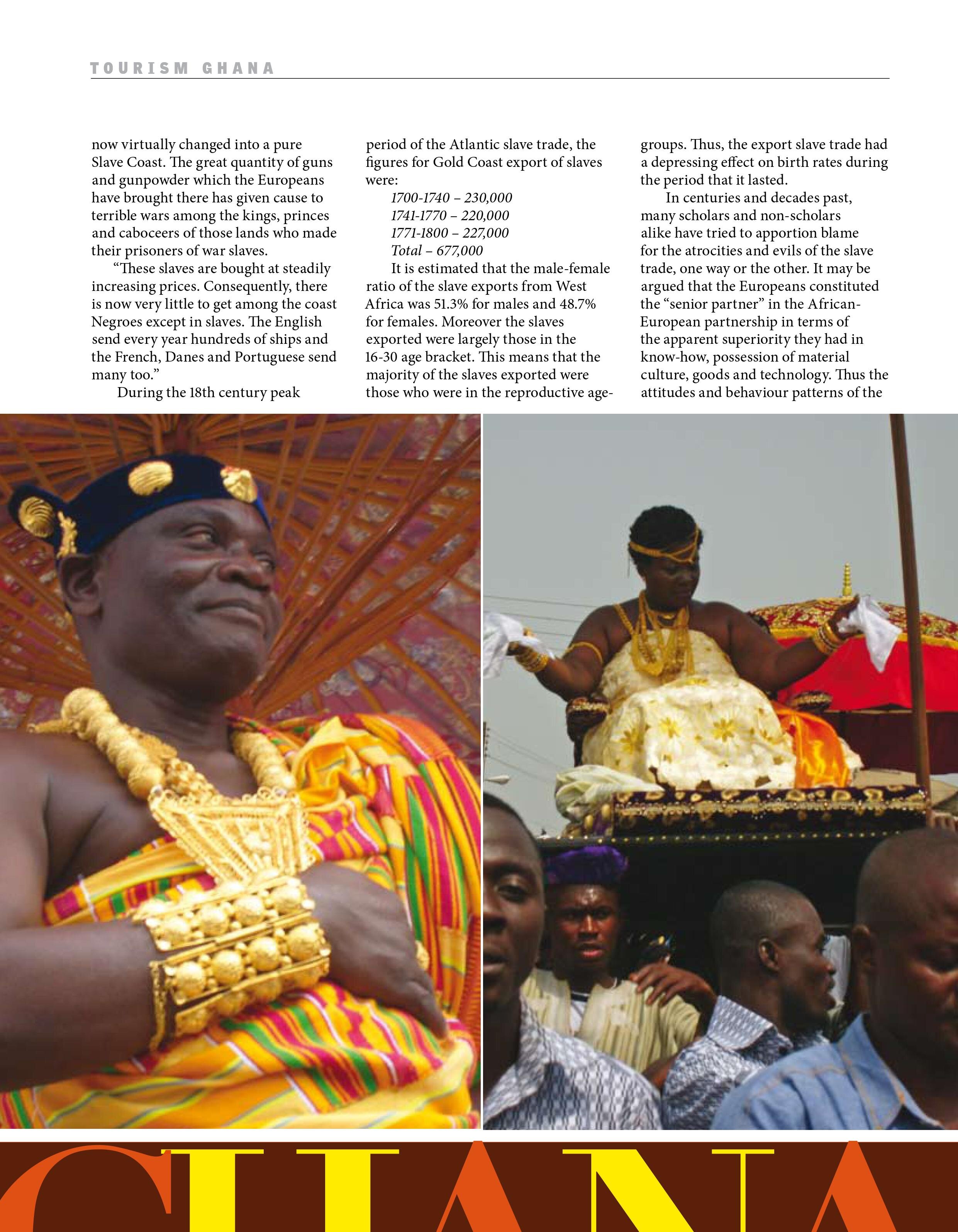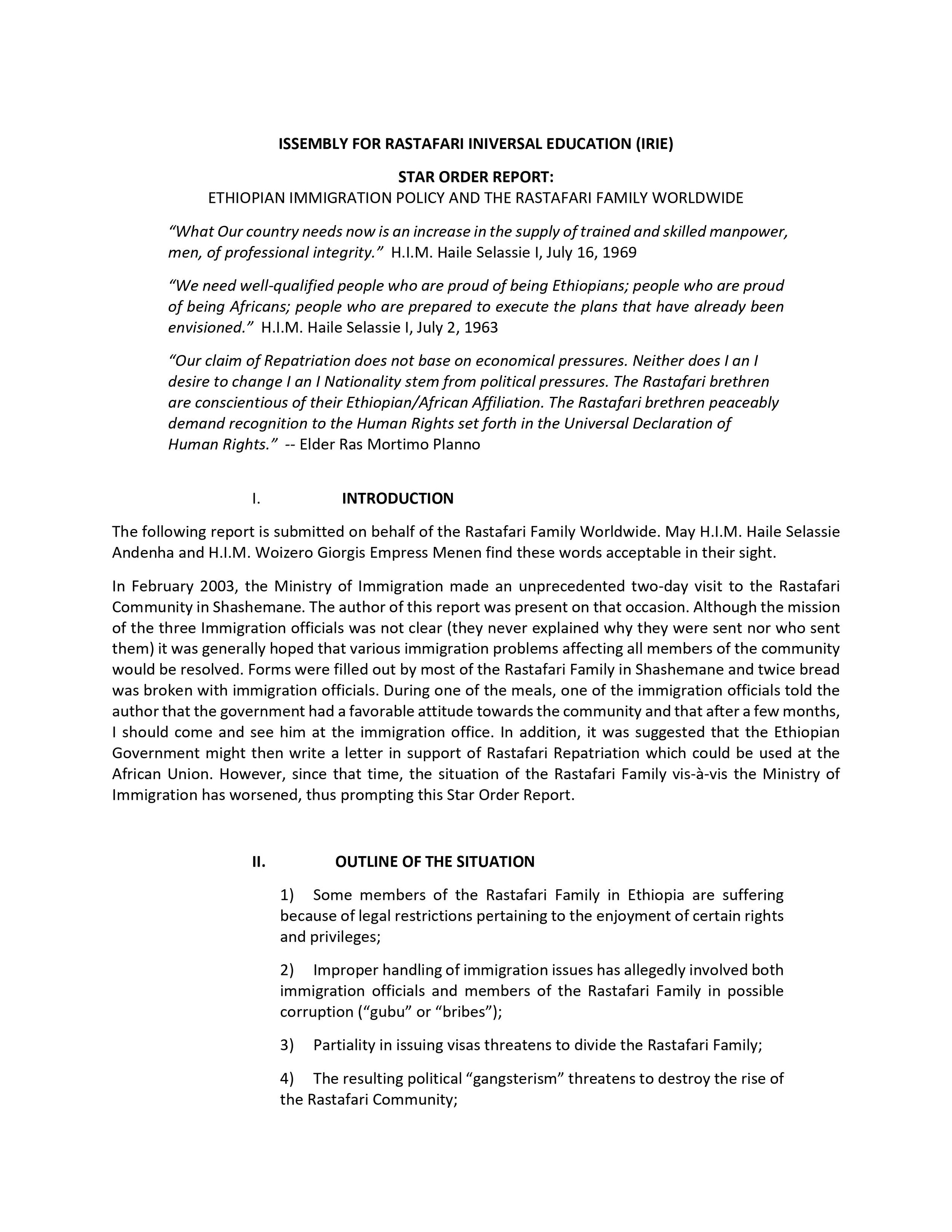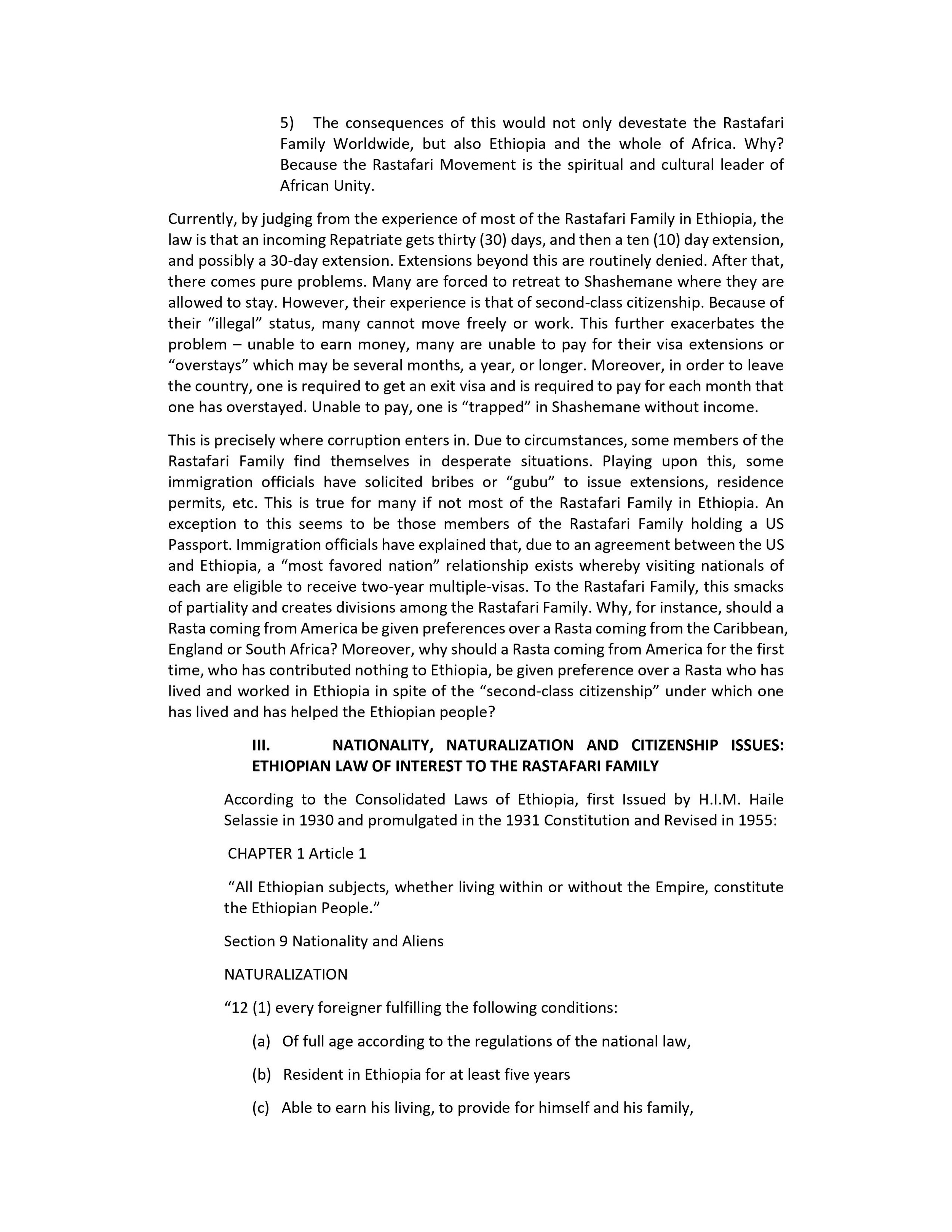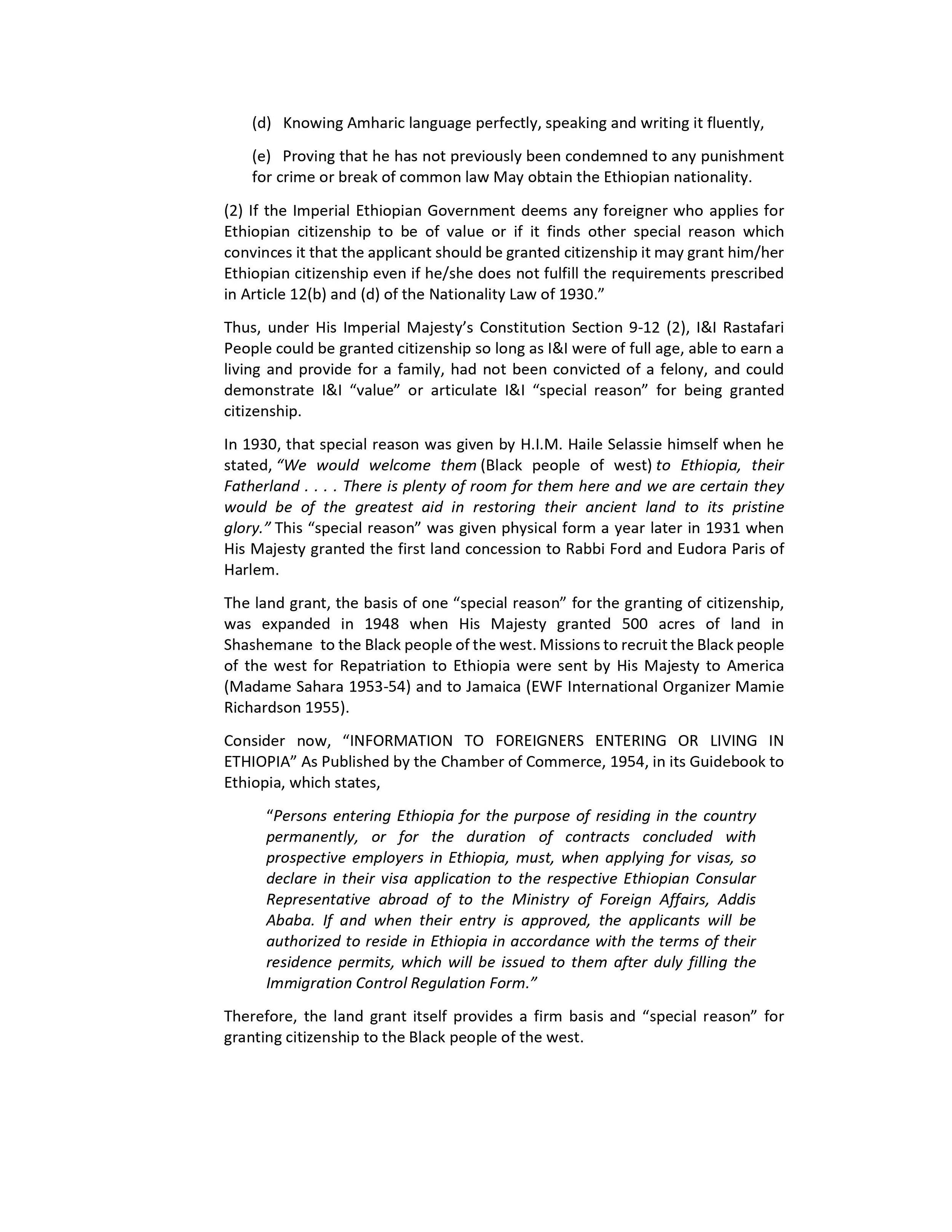On January 20, 2021, President Joseph R. Biden Jr signed the Executive Order On Advancing Racial Equity and Support for Underserved Communities Through the Federal Government. Below is the response written by the President of the Balanta B’urassa History and Genealogy Society in America on behalf of the Afrodescendant Nation in the United States of America.
_____________________________________________________________________________
January 25, 2021
The White House
1600 Pennsylvania Ave NW
Washington, DC 20500
Dear President Joseph R. Biden Jr.,
On June 18th, 2009, the 1st Session of the 111th Congress, of which you were a member as a Senator for the state of Delaware, passed S. CON. RES. 26 acknowledging “the fundamental injustice, cruelty, brutality, and inhumanity of slavery and Jim Crow laws;” and “apologizes to African-Americans on behalf of the people of the United States, for the wrongs committed against them and their ancestors who suffered under slavery and Jim Crow laws”.
Unfortunately, the same Congressional Resolution demonstrated the hypocrisy of the United States Government on issues of race and equality when it added the following disclaimer to the resolution
“Nothing in this resolution— (A) authorizes or supports any claim against the United States; or (B) serves as a settlement of any claim against the United States.”
The 1st Amendment of the Constitution of United States of America 1789 (rev. 1992) states very clearly,
“Congress shall make no law respecting an establishment of religion, or prohibiting the free exercise thereof; or abridging the freedom of speech, or of the press; or the right of the people peaceably to assemble, and to petition the Government for a redress of grievances.”
The S. CON. RES. 26 Disclaimer effectively prevents members of the Afrodescendant Nation from exercising their 1st Amendment Right to petition the government for redress of grievances from the fundamental injustice, cruelty, brutality, and inhumanity of slavery and Jim Crow laws in the United States.
Moreover, on August 18, 2016, the Report of the Working Group of Experts on People of African Descent of its mission to the United States of America, reiterated that
“THE UNITED STATES HAS NOT SIGNED AND RATIFIED ANY OF THE HUMAN RIGHTS TREATIES THAT WOULD ALLOW UNITED STATES CITIZENS TO PRESENT INDIVIDUAL COMPLAINTS TO THE UNITED NATIONS HUMAN RIGHTS TREATY BODIES OR TO THE INTER-AMERICAN COURT OF HUMAN RIGHTS.”
There is, therefore, no recognition or support by the United States Government for members of the Afrodescendant Nation in the United States of America to exercise their 1st Amendment right to petition the Government for a redress of grievances nor to exercise their human rights under international law to present individual complaints to the United Nations human rights treaty bodies or to the Inter-American Court of Human Rights.
Mr. President, the Afrodescendant Nation in the United States reminds you that it has been fighting for their rights under international law since 1924 when Marcus Garvey and the Universal Negro Improvement Association submitted the Petition of Four Million Negroes of the United States of America to His Excellency the President of the United States Praying for a Friendly and Sympathetic Consideration of the Plan of Founding a Nation in Africa for the Negro People, and to Encourage Them in Assisting to Develop Already Independent Negro Nations as a Means of Helping to Solve the Conflicting Problems of Race.
This was followed by
1) the Petition to the Economic and Social Council of the United Nations Stating The Facts on The Oppression of the American Negro submitted by The National Negro Congress in 1946;
2) AN APPEAL TO THE WORLD!: A Statement on the Denial of Human Rights to Minorities in the Case of Citizens of Negro Descent in the United States of America and an Appeal to the United Nations for Redress submitted by W.E.B. DuBois on October 23, 1947; and
3) We Charge Genocide: The Historic Petition to the United Nations for Relief from a Crime of The United States against the Negro People submitted by William Patterson and Paul Robeson in December, 1951.
In 1994, Mr. Silis Muhammad delivered the Petition for Reparations to the UN under 1503 Procedure – to the UN Working Group on Communications on behalf of the Afrodescendant Nation in the United States. This was followed up in 1997, 1998, 199 and 2000 with written and oral statements urging the Commission on Human Rights to assist the Afrodescendant Nation in the United States in their effort to recover from official U.S. policies of enslavement.
At the World Conference Against Racism, Racial Discrimination, Xenophobia and Related Intolerance (WCAR) in September of 2001 - 18,810 delegates from 170 countries, 16 heads of state, 58 foreign ministers, 44 ministers, 7,000 non-governmental representatives, and 1,300 journalists
declared that "slavery, and the slave trade, including the Trans-Atlantic Slave Trade, were appalling tragedies in the history of humanity not only because of their abhorrent barbarism but also in terms of their magnitude, organized nature [and] especially their negation of the essence of the victims . . . [and] that slavery and the slave trade are a crime against humanity..."
At the conference, in a meeting with United Nations High Commissioner for Human Rights Mary Robinson, Congresswoman Cynthia McKinney presented Robinson with two documents as evidence of the US governments violations of both US and international law and, in particular, specific violation of the International Convention on the Elimination of Racial Discrimination. The first document given to Robinson was a confidential Memorandum 46, written by National Security Advisor, Zbigniew Brzezinski on March 17, 1978 and it details the federal government's plan to destroy functioning black leadership in the United States. This document provides a critical insight into the federal government's concern at the apparent growing influence of the African American political movement. The second document is a report entitled "Human Rights in the United States [The Unfinished Story - Current Political Prisoners - Victims of COINTELPRO]" and it was compiled by the Human Rights Research Fund, headed by Kathleen Cleaver. This document provides an overview of the counterintelligence program which, from the 1950s to the 1980s, was run in the United States against political activists and targeted organizations.
Despite all of these efforts, the condition of the Afrodescendant Nation in the United States has worsened. We noted in our December 10, 2020 Human Rights Day Statement to Secretary of State Michael Pompeo that, according to Cecile Johnson of the Pendo Center for Human Rights and Self Determination,
“For a number of years we have been educating the public on the issues and taking steps to secure the Native born Afro Descendants in the USA ( descendants of the American colonization and enslavement) nearly 50 million strong, on their Right to Self Determination as guaranteed by International Law. Specifically the ICCPR article 1.
We have been working on behalf of the Afro Descendants here in the USA in response to the UN Working Group of Experts of People of African Descent 2016 findings on behalf of Black people here in the US. I provided evidence along with Vickie Casanova and hundreds of others at that visit. That report clearly identifies the atrocities against us and gives recommendations which the USA has failed to comply with even when under the Obama administration. It included that the US owed our population REPARATIONS. And 60/147 addresses how that could be handled. However, it has been 4 years since that visit and it has been very difficult to get in touch with the UN agencies and get adequate follow up, even from your working group which is suppose to address over 1.5 Billion African people's troubles globally.
The 2016 UN Working Group of Experts of People of African Descent brought awareness to our plight globally, but said “we would have to do the work on the ground.” So we responded by doing the work! Filing a Declaration of Self Determination on 10/01/2017 and this was presented to the OHCHR in Geneva in March 2018 and accepted. We filed all the required notifications to the UN and State Department following that and even made a request to the UN Decolonization Committee to list us on the Decolonization List in October 2018. We are still waiting to hear from them on that request.”
Mr. President, much has been said and written about how the black vote delivered your presidential election victory. You yourself, in your victory speech, declared to the Afrodescendant nation, “you’ve always had my back, and I’ll have yours.” Now, in your first one hundred days in office, is the time to make good on your promise.
It is with great concern, then, that we note that in your Executive Order On Advancing Racial Equity and Support for Underserved Communities Through the Federal Government, you state that “affirmatively advancing equity, civil rights, racial justice, and equal opportunity is the responsibility of the whole of our Government.” We are alarmed that no mention is made of the human rights of the Afrodescendant Nation in the United States nor of Reparations. Such an omission would continue to violate the 1st Amendment and human rights of members of the Afrodescendant Nation in the United States.
Your Executive Order On Advancing Racial Equity and Support for Underserved Communities Through the Federal Government states,
“… a historic movement for justice has highlighted the unbearable human costs of systemic racism . . . . Because advancing equity requires a systematic approach to embedding fairness in decision-making processes, executive departments and agencies (agencies) must recognize and work to redress inequities in their policies and programs that serve as barriers to equal opportunity. . . .”
Since your administration is committed to a systematic approach to recognize and redress inequities in its policies and program, we remind you that this would include legal reform as to the rights of the Afrodescendant Nation in international law. Here, the Report of the Special Rapporteur on Contemporary Forms of Racism, Racial Discrimination, Xenophobia and Related Intolerance, is instructive:
“8. Reparations concern both our past and our present; the Durban Declaration clearly states that transatlantic slavery and colonialism remain among the root causes of racism, racial discrimination, xenophobia and related intolerance against Africans and people of African descent, people of Asian descent and indigenous peoples. States in the Americas have also recognized the existence of “a mestizo population of different ethnic and racial origins, to a large extent as the result of the history of colonization and slavery in the American continent, in which unequal relations of race and gender were joined”. In addition to implicating individual wrongful acts, reparations for slavery and colonialism implicate entire legal, economic, social and political structures that enabled slavery and colonialism, and which continue to sustain racial discrimination and inequality today. That means that the urgent project of providing reparations for slavery and colonialism requires States not only to fulfil remedial obligations resulting from specific historical wrongful acts, but also to transform contemporary structures of racial injustice, inequality, discrimination and subordination that are the product of the centuries of racial machinery built through slavery and colonialism.
9. Reparations for slavery and colonialism entail moral, economic, political and legal responsibilities. The present report outlines a structural approach to providing reparations for slavery and colonialism under public international law and international human rights law, according to which States must pursue a just and equitable international order as an urgent dimension of reparations for slavery and colonialism. Full implementation of the International Convention on the Elimination of All Forms of Racial Discrimination must also be understood as a central pillar to achieving reparations for slavery and colonialism. The present report also provides detailed information on the duties of States in providing reparations for racial discrimination and injustice under public international law and international human rights law.
10. In the present report, the Special Rapporteur discusses legal hurdles to providing full reparations, while also highlighting legal obligations related to the provision of reparations for which States are fully liable today. In addition, the Special Rapporteur emphasizes that the pursuit and achievement of reparations for slavery and colonialism require a genuine “decolonization” of the doctrines of international law that remain barriers to reparations.
IN THE FACE OF THE GRAVE HISTORIC INJUSTICES OF SLAVERY AND COLONIALISM, AS WELL AS THEIR CONTINUING LEGACIES, THE USE OF LEGAL DOCTRINE BY MEMBER STATES TO IMPEDE REDRESS IS DISTRESSING. THE SPECIAL RAPPORTEUR STRESSES THAT INTERNATIONAL LEGAL DOCTRINE HAS A LONGER HISTORY OF JUSTIFYING AND ENABLING COLONIAL DOMINATION THAN IT DOES OF GUARANTEEING EQUAL RIGHTS TO ALL HUMAN BEINGS. LAW THAT PERPETUATES NEOCOLONIAL DYNAMICS – INCLUDING THE FAILURE TO ERADICATE THE LEGACIES OF SLAVERY AND COLONIALISM – MUST ITSELF BE RECOGNIZED AND CONDEMNED AS NEOCOLONIAL LAW.
The impetus should be on developing legal doctrines that can ensure justice and equality for all, irrespective of race. Colonialism and slavery were legal once, but both were abolished. This then raises the question as to why defenders of liberal justice are not preoccupied with achieving the legal reform that would make comprehensive reparations compatible with international law.”
Since your administration admits that “The Federal Government’s goal in advancing equity is to provide everyone with the opportunity to reach their full potential”, we remind you that the international community has already declared what is required for people to reach their full potential. Both the International Covenant on Civil and Political Rights (ICCPR) and the International Covenant on Economic, Social and Cultural Rights (ICESCR) clearly state,
“Recognizing that, in accordance with the Universal Declaration of Human Rights, the ideal of free human beings enjoying freedom from fear and want can only be achieved if conditions are created whereby everyone may enjoy his economic, social and cultural rights, as well as his civil and political rights, . . . “
However, the Report of the Office of the United Nations High Commissioner for Human Rights Compilation on the United States of America submitted to the Human Rights Council Working Group on the Universal Periodic Review , 36th Session, May 4-15, 2020, noted that,
“C. Economic, social and cultural rights
44. The Special Rapporteur on extreme poverty noted that the United States had refused to accord domestic recognition to economic and social rights, except for some social rights, and especially the right to education.”
The Swedish submission of Advanced Questions to the United States of America ahead of the third Universal Periodic Review (UPR) of the United States in May, 2020 asked:
“Sweden notes the usage by representatives of the United States of America of the term ‘unalienable rights’ to hold forth certain, but not all, human rights. This shift in terminology could be interpreted as a step to redefine human rights, contrary to the globally agreed definition of them being universal, interdependent and mutually reinforcing. How will the United States of America ensure that any development of its human rights policies continue to adhere to international human rights law as the norm that human rights are universal, interdependent and mutually reinforcing?”
Towards that end, both the International Covenant on Civil and Political Rights (ICCPR) and the International Covenant on Economic, Social and Cultural Rights (ICESCR) declare:
“PART I
Article 1
1. All peoples have the right of self-determination. By virtue of that right they freely determine their political status and freely pursue their economic, social and cultural development.
2. All peoples may, for their own ends, freely dispose of their natural wealth and resources without prejudice to any obligations arising out of international economic co-operation, based upon the principle of mutual benefit, and international law. In no case may a people be deprived of its own means of subsistence.
3. The States Parties to the present Covenant, including those having responsibility for the administration of Non-Self-Governing and Trust Territories, shall promote the realization of the right of self-determination, and shall respect that right, in conformity with the provisions of the Charter of the United Nations.”
Mr. President, pursuant to your Executive Order On Advancing Racial Equity and Support for Underserved Communities Through the Federal Government, we now offer you the following recommendations:
Your Domestic Policy Council (DPC) follow the recommendation of the REPORT OF THE OFFICE OF THE UNITED NATIONS HIGH COMMISSIONER FOR HUMAN RIGHTS COMPILATION ON THE UNITED STATES OF AMERICA, to “establish a high-level inter-agency working group (United States Working Group on Human Rights) with a mandate to oversee and coordinate the implementation of the international human rights obligations of the United States domestically.”
The United States Working Group on Human Rights to submit to the Director of the Office of Management and Budget (OMB) a report within 200 days on legal reform to benefit the Afrodescendant Nation’s ability to exercise its human rights.
The report shall include a plan to assist the Afrodescendant Nation’s request to the UN Decolonization Committee to list us on the Decolonization List made in October 2018.
The report shall include a plan for conducting a UNITED NATIONS SPONSORED PLEBISCITE FOR SELF-DETERMINATION FOR DESCENDANTS OF PEOPLE WHO SURVIVED THE CRIMINAL AND GENOCIDAL MIDDLE PASSAGE TO THE COLONIES THAT BECAME THE UNITED STATES OF AMERICA.
Such a United States Working Group on Human Rights could then make as its highest priority the ratification of the human rights treaties that would allow United States citizens to present individual complaints to the United Nations human rights treaty bodies or to the Inter-American Court of Human Rights. In addition, such a working group could then begin to implement the Agenda for Black America’s Restoration and Self Determination while facilitating the AfroDescendant Nation request to the UN Decolonization Committee to list us on the Decolonization List. Were the United States to do this, it could then legitimately claim to be making progress towards protecting human rights domestically.











